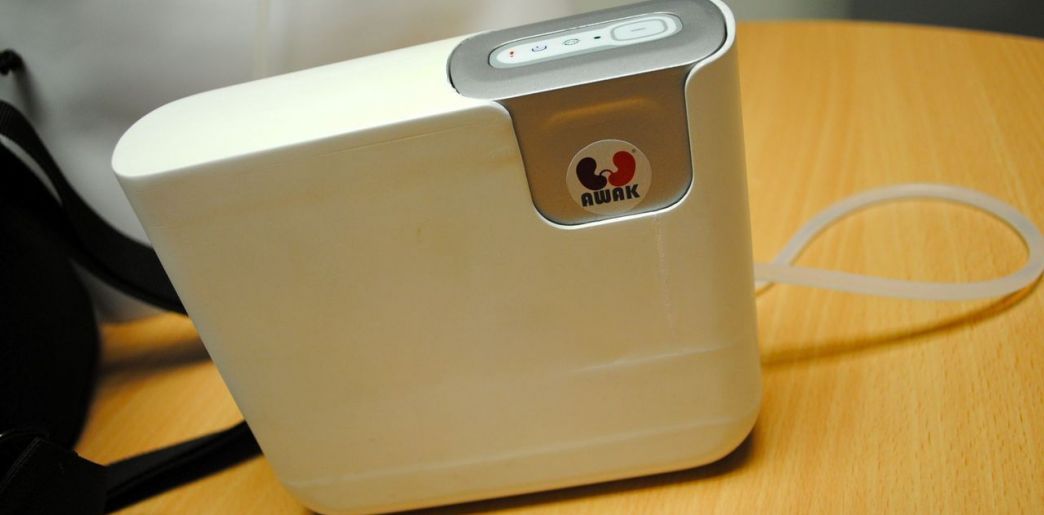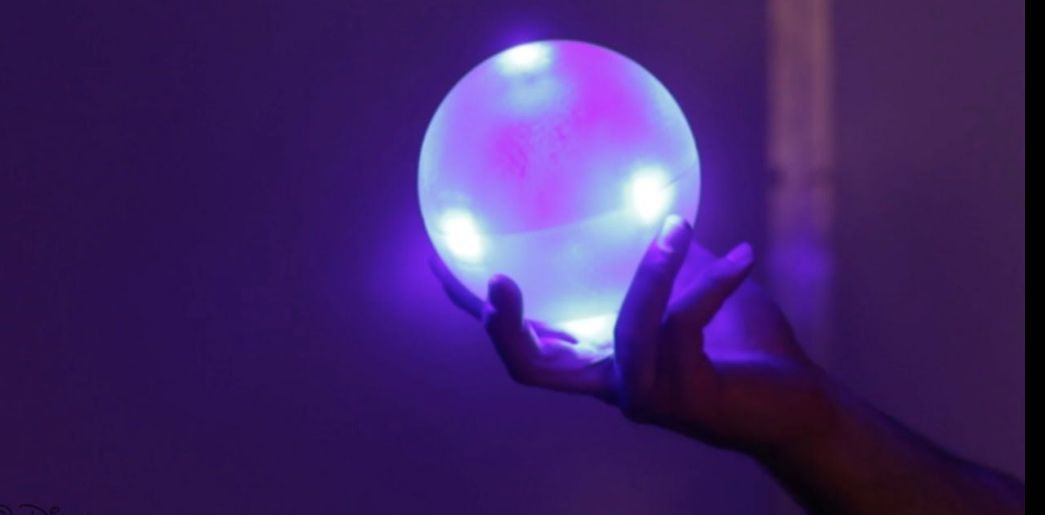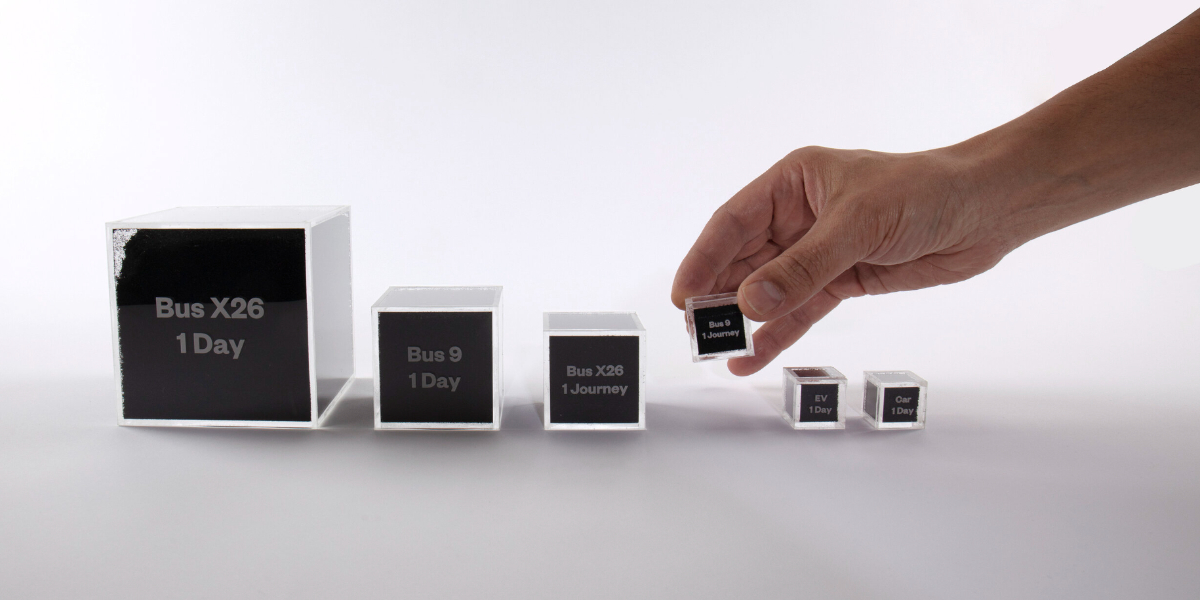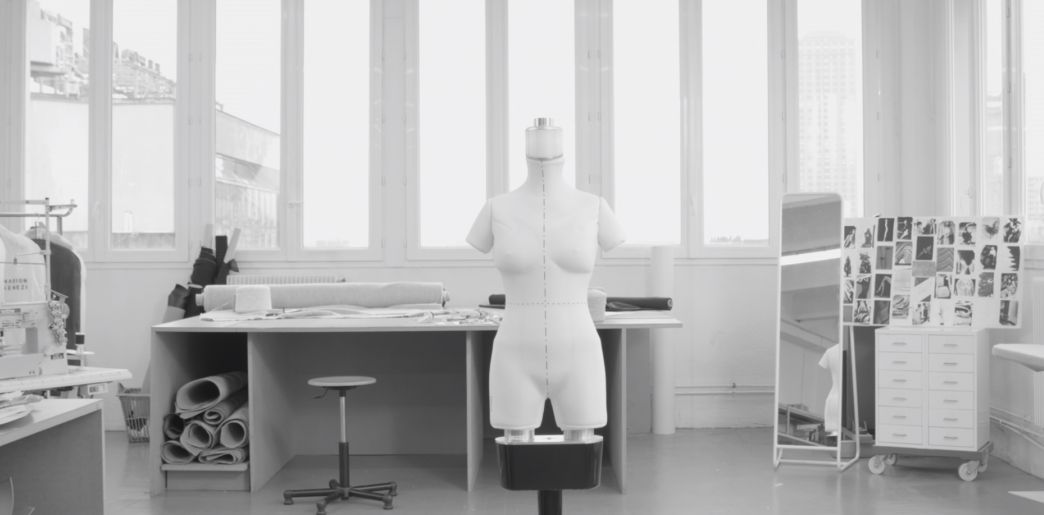AWARD YEAR
2019
CATEGORY
Work
GOALS
Good Health & Well-being
KEYWORDS
dialysis, kidney, healthcare
COUNTRY
Singapore
DESIGNED BY
NEO Kok Beng
WEBSITE
http://awak.com/
Awak
Changing dialysis forever.
Renal disease refers to temporary or permanent damage to the kidneys that result in loss of normal kidney function. Renal failure can be a progressive disease or a temporary one depending on the cause and available treatment options. In renal failure the kidneys undergo cellular death and are unable to filter wastes, produce urine and maintain fluid balances of the body. This causes a build-up of toxins in the body which can affect the blood, brain and heart, as well as cause other complications. In renal dialysis, the patient must be connected to a machine that mechanically removes toxins and waste materials from the body. Dialysis does not treat renal failure, but instead keeps a person alive by performing the crucial functions of the kidneys. A person may have to undergo dialysis as often as several times a day or as little as weekly, depending on the severity of the renal failure. A person with acute, reversible renal failure may need dialysis while the kidneys recover.





